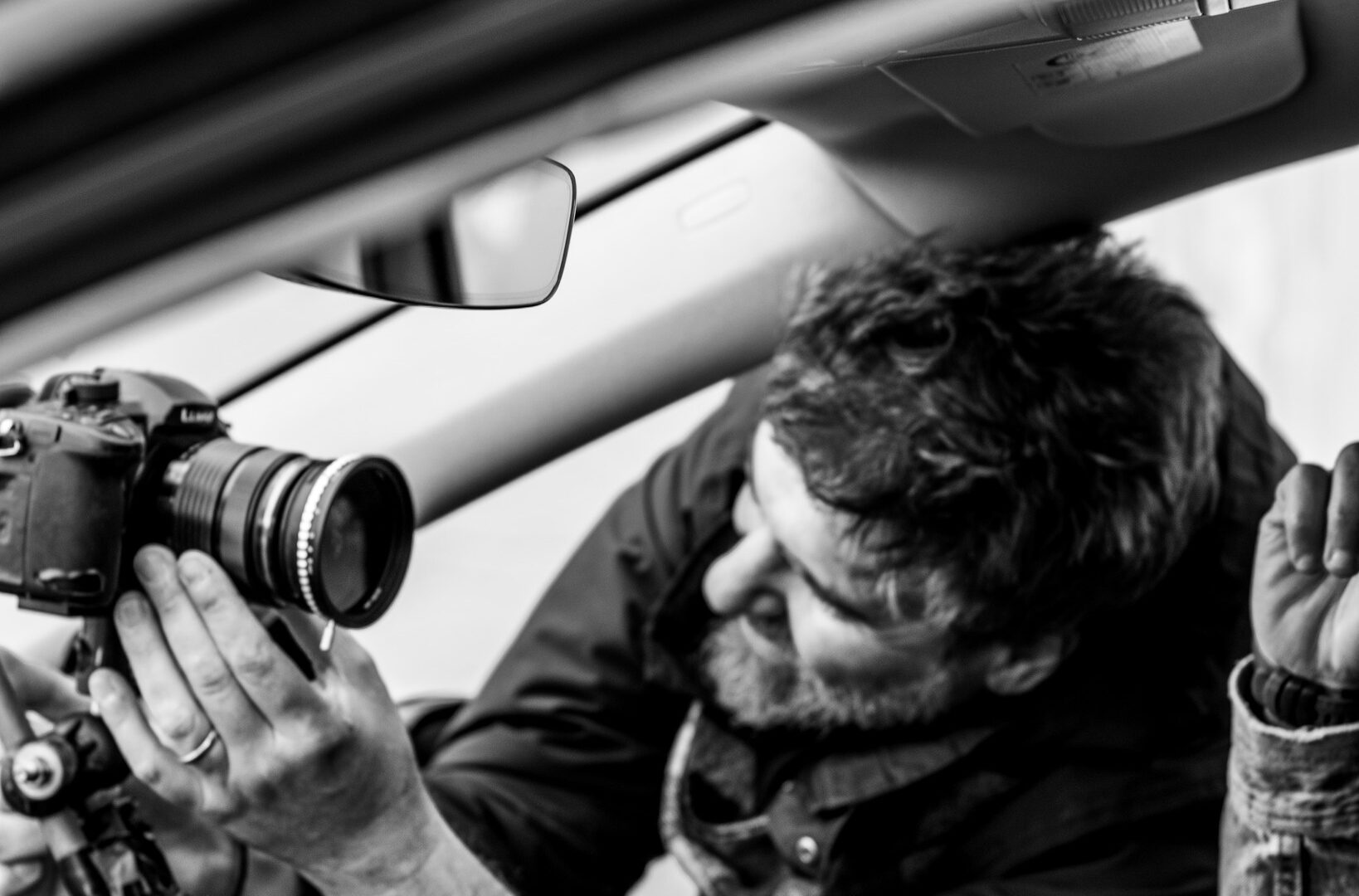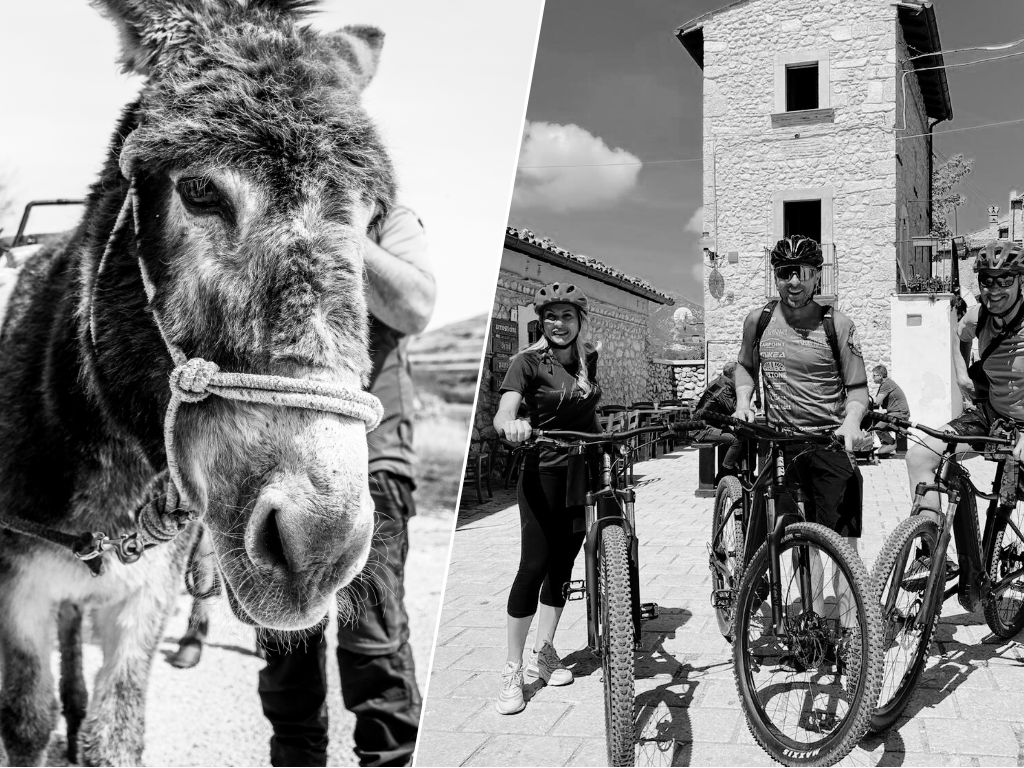Inspire & Motivate People
Human faces are very powerful. User Experience designer Aarron Walter describes in his book Designing for Emotion why we appreciate human faces so much. He explains that we are constantly exploring the world around us by looking for something familiar. Familiarity gives us a feeling of comfort and reassurance.
When we see a face, we are automatically triggered to feel something or to empathize with that person. If we recognize content on a website — such as a problem, dilemma, habit or whatever else — we feel connected and understood.
Since we know ourselves so well, we unconsciously try to relate everything we see to ourselves. Obviously, we do that with other human faces, but also with when there are no human features involved. Only the recognition of our body’s proportions in a design is enough for us to perceive the design as being familiar and harmonic.
This is the reasoning behind headless mannequins. We subconsciously take what is on display and substitute ourselves for the mannequin due to the lack of ‘human’ in the image.
So faces add a human touch to your website – they help you trigger your emotions, which make them a powerful design element. Here are 10 effects human faces can have on your visitors.






